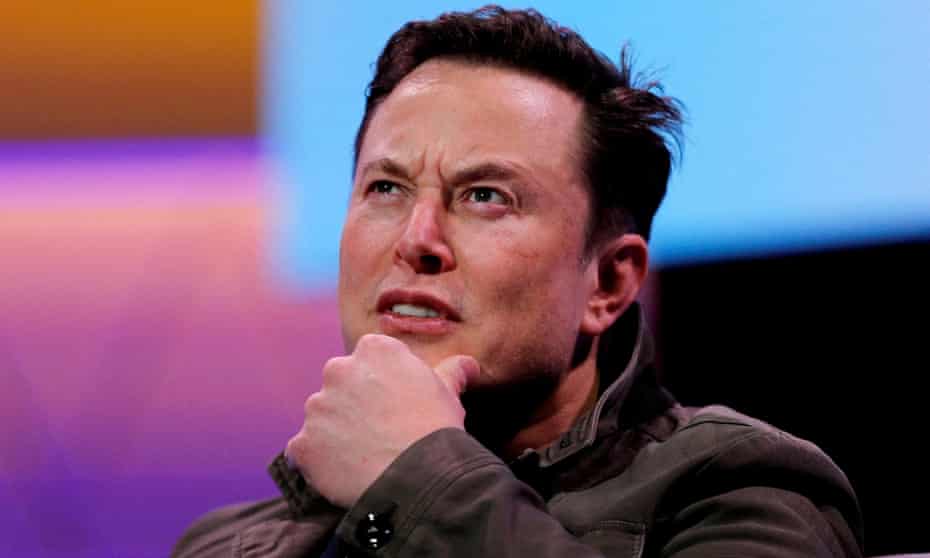

Is Elon Musk (right) the model for a new type of ruler of the virtual world who will challenge masters of the tangible one like Russia’s President Putin?
On 13 April — less than 50 days after Russian President Putin launched war in Ukraine — Elon Musk announced that he planned to buy Twitter.
The two men’s methods couldn’t be more different.
Like commanders in every war in history, Putin’s trying to destroy his opponent’s army and capture land.
Musk’s conquest, in contrast, will shed no blood, destroy no buildings and make no one homeless. It’s cost him much less than the price Russia’s already paid, including in the form of $300bn in sanctioned central bank reserves that it’s unlikely to get back soon, or ever.
There is a common factor, however.
Both Putin and Musk are seeking power.
But the Russian’s target is in the tangible world while the American is aiming to rule in the virtual one.
The stakes for both are enormous.
Ukraine’s population is 44m. Its territory includes some of the world’s most productive farmlands and a massive oil and gas endowment.
Twitter has around 300m users, including almost everyone with power and wealth on earth. Musk’s online followers number almost twice Ukraine’s population.
Critics of Musk’s bid to control Twitter believe it’s a dangerous attempt to impose his views on subscribers; an action with implications for the world of the internet that echoes the impact Putin’s aggression is having on the real one.
Musk’s defence is that he is in fact seeking to reduce restrictions on freedom imposed by the state and its surrogates in the high tech industry.
His Twitter bid is, therefore, much more than a simple — if enormous — business transaction. It’s a further salvo in a war about the way the world will be governed and the future of the state.
The state is an organisation that has a territorial monopoly over ultimate decision-making and taxation.
For some, it’s the natural and laudable expression of human progress that provides stability and security where none previously existed.
Others lament the extent to which the modern state has infringed individual liberty, wasted resources, nourished corruption and initiated wars.
“The result of a state… is not peaceful cooperation and social order, but conflict, provocation, aggression, oppression, and impoverishment, i.e., de-civilization,’ German American libertarian political theorist Hans-Hermann Hoppe wrote in Democracy: the God that failed, a compilation of essays published in 2001. “This, above all, is what the history of states illustrates. It is first and foremost the history of countless millions of innocent state victims.”
For Hoppe and other libertarians, the ideal solution would be the abolition of the state and its replacement by a voluntary, natural order which would be underpinned by law and consensual contracts.
What makes Hoppe distinct is that he argued that a second-best alternative would be a system of government based on a monarchy or the rule of nobles.
“As the owner of the capital stock on “his”(sic) territory, the king will be comparatively future-oriented,” Hoppe wrote. “In order to preserve or enhance the value of his property, he will exploit only moderately and calculatingly.”
Doesn’t that sound a bit like Musk, the potential new ruler of the kingdom of Twitter?
Like Hoppe’s ideal monarch, he is free from financial pressure and direct democratic control. If Musk governs Twitter badly, it is his capital that will be lost.
Is Musk, therefore, the mould-breaking progenitor of a new era where the state as we know it gradually withers away and is increasingly replaced by the free interaction of billions using the internet?
Will his power in the virtual world lead to a new birth of global freedom?
And how will those who rule tangibly like Putin react to the challenge?